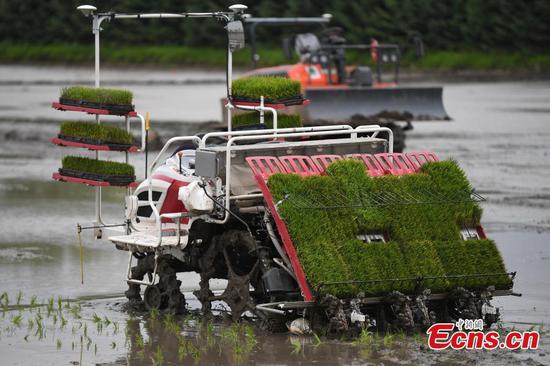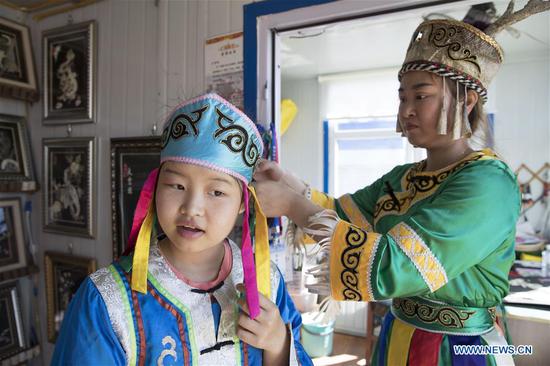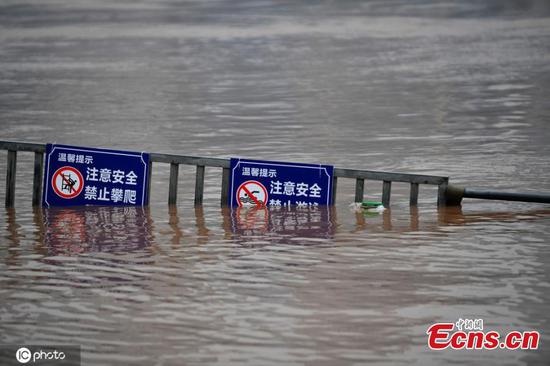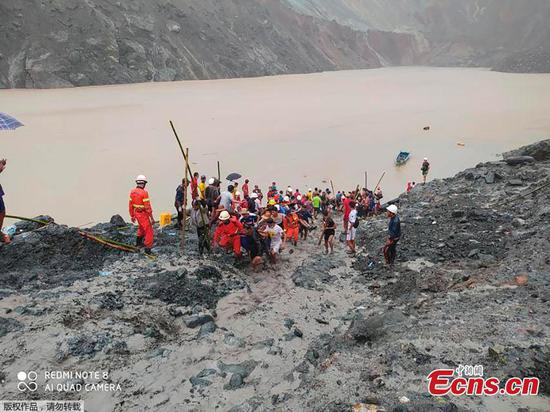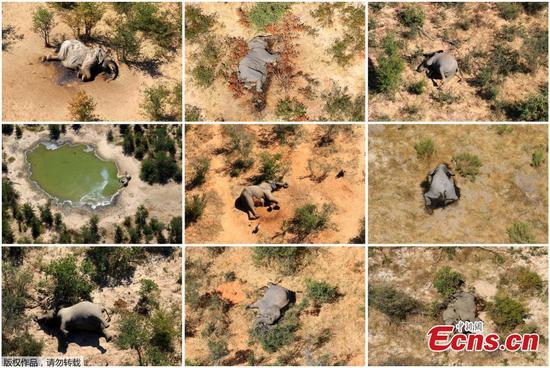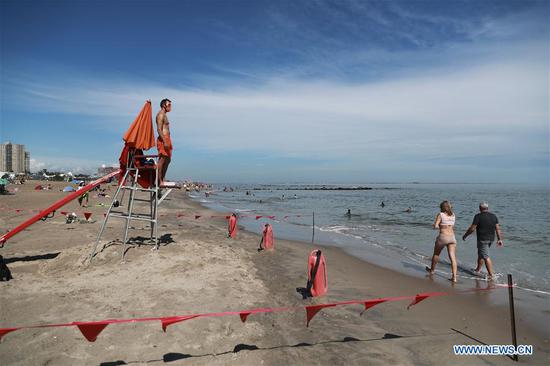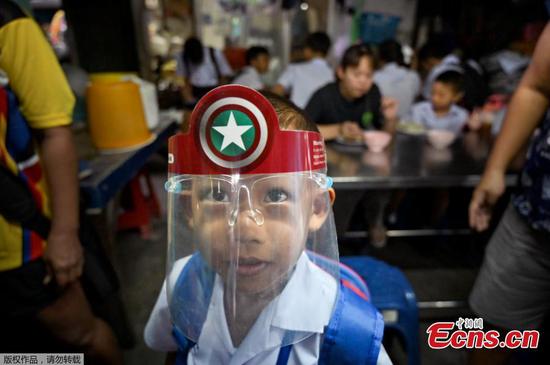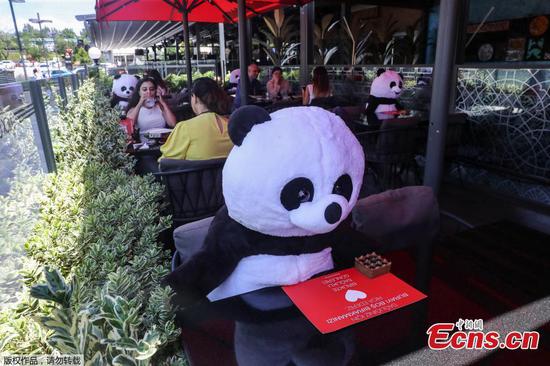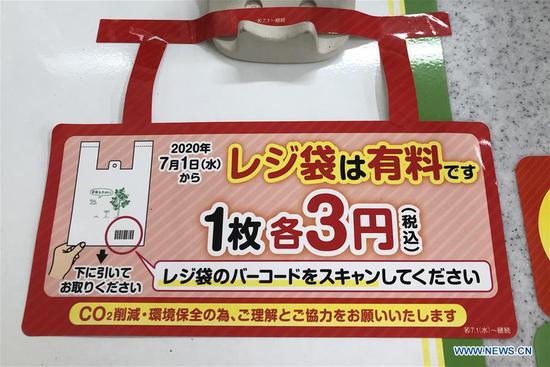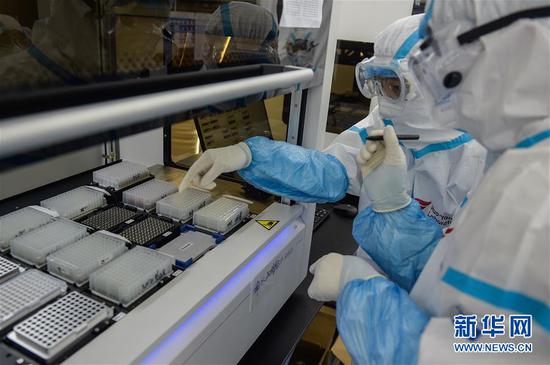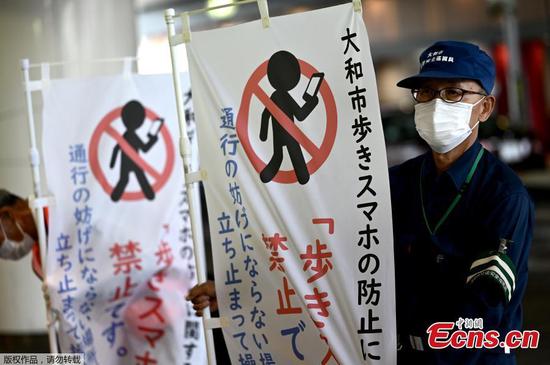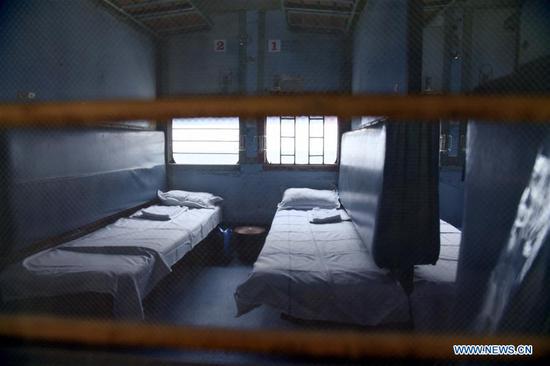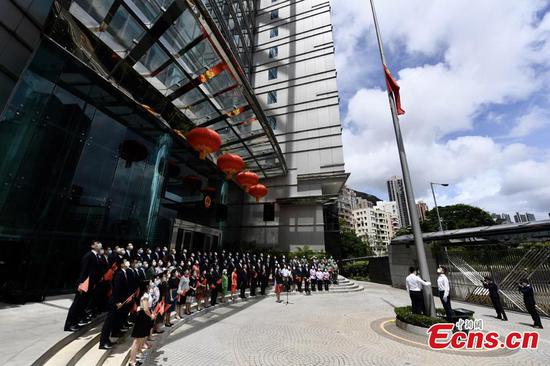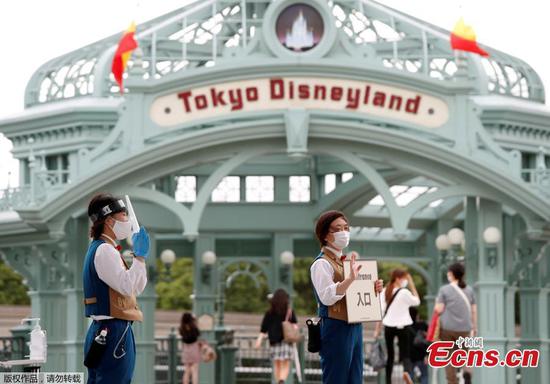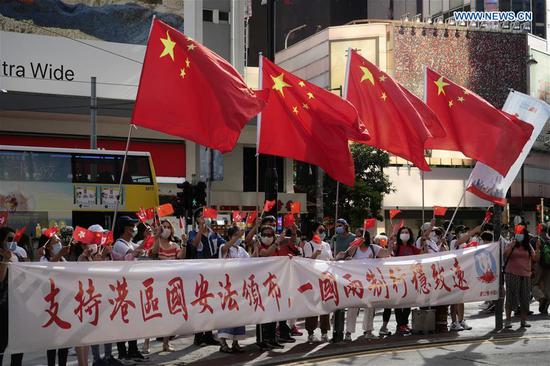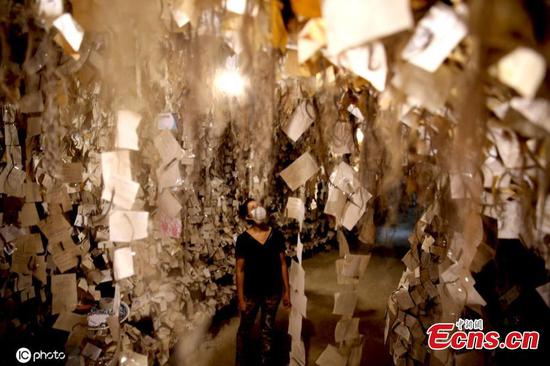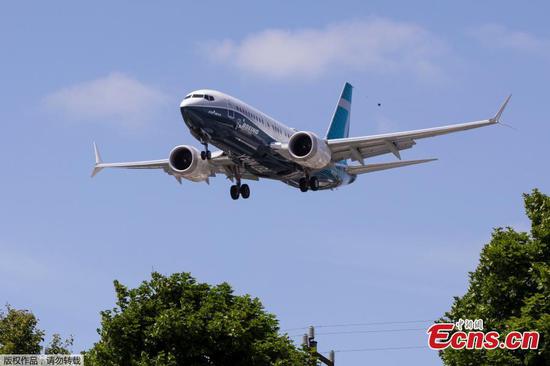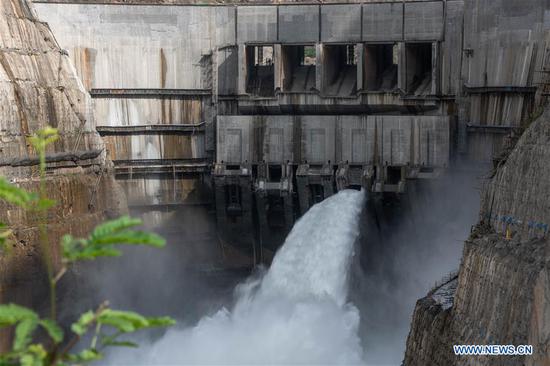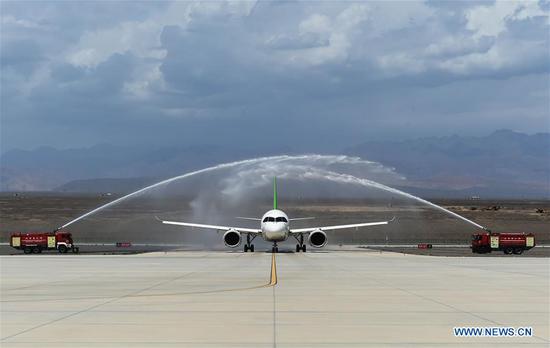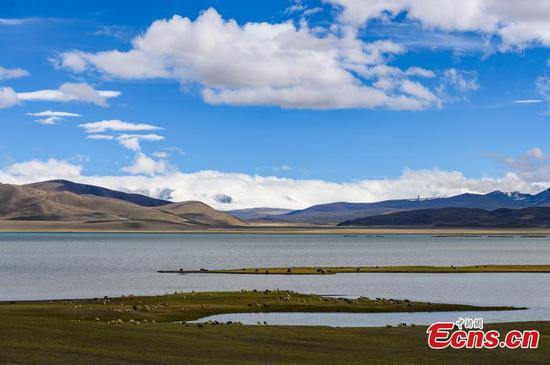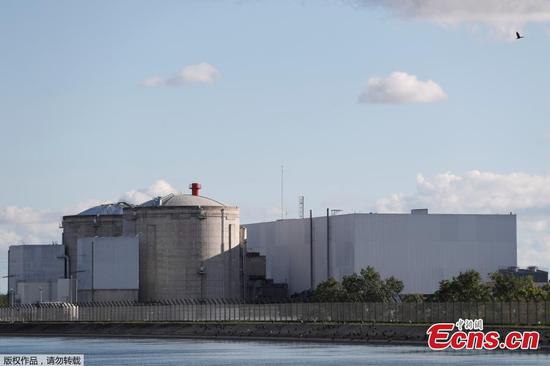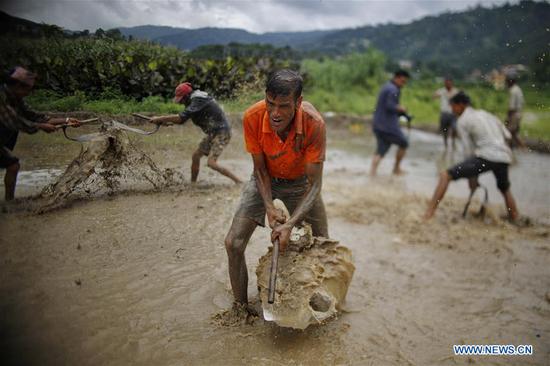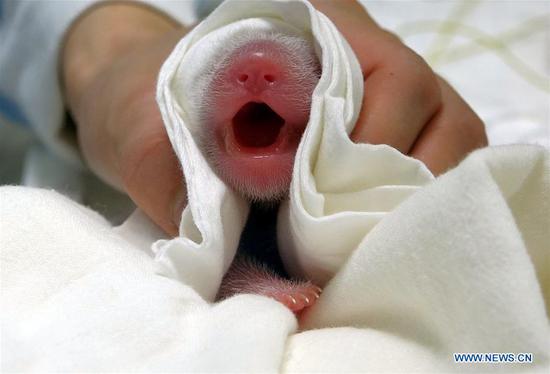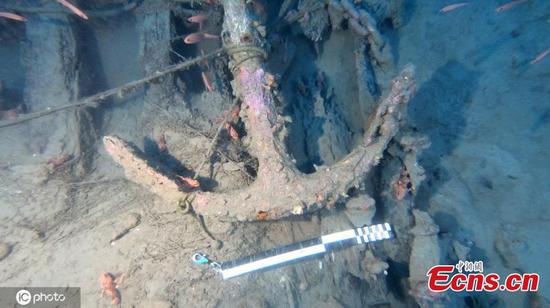16.False: The vocational education and training centers in Xinjiang are "concentration camps" detaining over one million Uyghurs.
True:
◆The vocational education and training centers, established in accordance with law in Xinjiang, are no different in nature from the community corrections in the US, the Desistance and Disengagement Programme (DDP) in the UK, and the deradicalization centers in France. All of them are useful measures and positive explorations for preventive counter-terrorism and deradicalization, and are in line with the principles and spirit of the UN Global Counter-Terrorism Strategy and other counter-terrorism resolutions.
◆The education and training work in Xinjiang is guided by the spirit of the rule of law as well as international principles on counter-terrorism and deradicalization. It has solid legal basis and follows well-defined legal procedures, and is done in a way that makes no linkage to any specific region, ethnic group or religion. There is no such thing as "suppression on ethnic minorities" or "persecution of Muslims".
◆The claim that "nearly one million Uyghurs are detained", an outright rumor, is based on two highly dubious "studies".
The first "study" was done by the US government-backed Network of Chinese Human Rights Defenders (CHRD) with interviews of only eight people. The CHRD applied the estimated ratio shown in this absurdly small sample to the whole of Xinjiang, drawing a crude conclusion that one million people were detained in the "re-education detention camps" and two million were "forced to attend day/evening re-education sessions".
The second "study" was done by a far-right fundamentalist Christian Adrian Zenz, a.k.a. Zheng Guoen. According to The Grayzone, a US-based independent news website, Zenz is a senior fellow in China studies at the far-right Victims of Communism Memorial Foundation established by the US government in 1983, and a senior member in a research group set up with the masterminding of the US intelligence community to study Xinjiang's vocational education and training centers. He believes he is "led by God" on a "mission" against China.
In September 2018, Zenz wrote an article published in the Central Asian Survey journal, concluding that "Xinjiang's total re-education internment figure may be estimated at just over one million." According to The Grayzone, Zenz based this conclusion on a single report by Istiqlal TV, a Uyghur exile media organization based in Turkey. Far from a journalistic organization, Istiqlal TV advances separatism while playing host to an assortment of extremist figures. One such character who often appears on Istiqlal TV is Abduqadir Yaqupjan, a leader of the East Turkestan Islamic Movement (ETIM). Maybe it was because the reference he cited was too absurd even to himself, that Zenz admitted that "there is no certainty" to his estimate. But Zenz "bumped up" his estimate again in November 2019, claiming China was detaining 1.8 million people.
17. False: The vocational education and training centers in Xinjiang carried out "political indoctrination and intimidation" over the Uyghurs and other ethnic minorities.
True:
◆The vocational education and training centers in Xinjiang provided courses on standard spoken and written Chinese language, legal knowledge, professional skills and deradicalization, to address the inadequate language proficiency, lack of legal literacy and job skills, as well as the varying degrees of religious extremism influence among their trainees. The purpose of the centers is to tackle terrorism and religious extremism at the root, not so-called "political indoctrination and intimidation" by any means.
◆Through all-round learning, the trainees have freed themselves from the influence of terrorism and religious extremism. Their overall capacity has been improved, as evidenced by a markedly increased understanding of the law, the ability to speak and write in standard Chinese, acquisition of practical skills and the general improvement in employability. Most of them have found jobs that give them a stable income, and notably improved their families' living standards.
18. False: The vocational education and training centers are poorly conditioned and lack medical facilities. The trainees are subjected to forced political indoctrination and torture, and are deprived of their rights to exercise religious customs, use local ethnic languages among others.
True:
◆The vocational education and training centers strictly follow the basic principle of respecting and protecting human rights enshrined in China's Constitution and other laws. The trainees' basic rights and personal dignity are well protected, and insults or abuse against the trainees in any manner are prohibited. The centers fully guarantee the personal freedom of trainees. The centers are managed as boarding schools where trainees may go home on a regular basis and ask for leave to attend to personal matters, and enjoy the freedom of correspondence.
◆Trainees' freedom of religious belief is fully respected and protected at the centers. Those with a religious belief can decide on their own whether to take part in legal religious activities when they are at home.
◆The centers fully respect and protect the customs of all ethnic groups and provide a rich variety of nutritious halal food free of charge.
◆The trainees' right to use the spoken and written languages of their own ethnicity is fully protected at the centers. All regulations, curricula and canteen menus at the centers are written in both standard Chinese and local ethnic languages.
◆The centers have well-equipped facilities. Dorms are furnished with radio, television, and air conditioning or electric fans. Medical facilities are set up to provide free health counseling services and treatment for trainees. There are also venues for basketball, volleyball, table tennis and other sports, cultural venues such as reading rooms, computer rooms and cinemas, as well as venues for performances like auditoriums and open-air stages. Singing and dancing performances of different ethnic groups, sports games and other extra-curricular activities are often held to meet trainees' learning, living and entertainment needs to the greatest extent possible.
◆Legal counseling rooms are set up in the centers to help address trainees' law-related difficulties and questions promptly. There are psychotherapy rooms to provide psychological counseling services and care for trainees' mental health. All trainees are covered by old-age, medical and other social insurances and free medical check-ups.
19. False: Detainees in the mass internment camps in Xinjiang include permanent residents of the US and Australia.
True:
◆The vocational education and training centers in Xinjiang have never received trainees who are not Chinese nationals.
20. False: Xinjiang's special operations against violent terrorist activities aim to suppress ethnic minorities under the pretext of fighting terrorism.
True:
◆Xinjiang had suffered long and deep from terrorism and extremism. Statistics show that from 1990 to 2016, ethnic separatists, religious extremists and violent terrorists plotted and conducted several thousand violent terrorist cases and incidents, killing a large number of innocent civilians and several hundred police officers, and causing immeasurable property losses. These incidents inflicted untold sufferings on the people of various ethnic groups in Xinjiang.
◆In the face of a grave and complicated counter-terrorism situation and the urgent demand from people of all ethnic groups for suppressing violence and terrorist crimes and protecting life and property safety, China's Xinjiang region has taken a series of active measures. Responding to the United Nations Global Counter-Terrorism Strategy and other counter-terrorism resolutions, Xinjiang has upheld the principle of not linking terrorism with any particular region, ethnic group or religion, and acted in accordance with the law to crack down on violence and terrorist activities that violate human rights, endanger public security, undermine ethnic unity and aim at separating the country. Since 2014, a total of 1,588 violent and terrorist groups have been taken out, 12,995 violent terrorists arrested and 2,052 explosive devices seized. Such operations have effectively curbed the rising trend of frequent terrorist activities and protected people's right to life, right to health, right to development and other basic rights to the maximum extent. These measures have received full support from people of all ethnic groups in Xinjiang.
◆Through law-based counter-terrorism, deradicalization and vocational education and training, Xinjiang has not seen a single violent terrorist case in the past three-odd years. Extremist infiltration has been effectively curbed, public security significantly improved and people's sense of fulfillment, happiness and security markedly enhanced.
◆In October 2019, more than 60 countries spoke in support of China's Xinjiang policy at the United Nations General Assembly. Among them, over 30 are Islamic countries. In contrast, none of the few countries criticizing China's Xinjiang policy are Islamic countries.
◆Since late December 2018, more than 1,000 people from over 90 countries visited Xinjiang in 70-plus groups. They include UN officials, foreign envoys to China, representatives of relevant countries to Geneva, journalists and members of religious groups. After their visits, they expressed the view that Xinjiang's counter-terrorism and deradicalization efforts are in line with the purposes and principles of the UN in fighting terrorism and upholding basic human rights and that these efforts deserve to be fully recognized and emulated by others.









